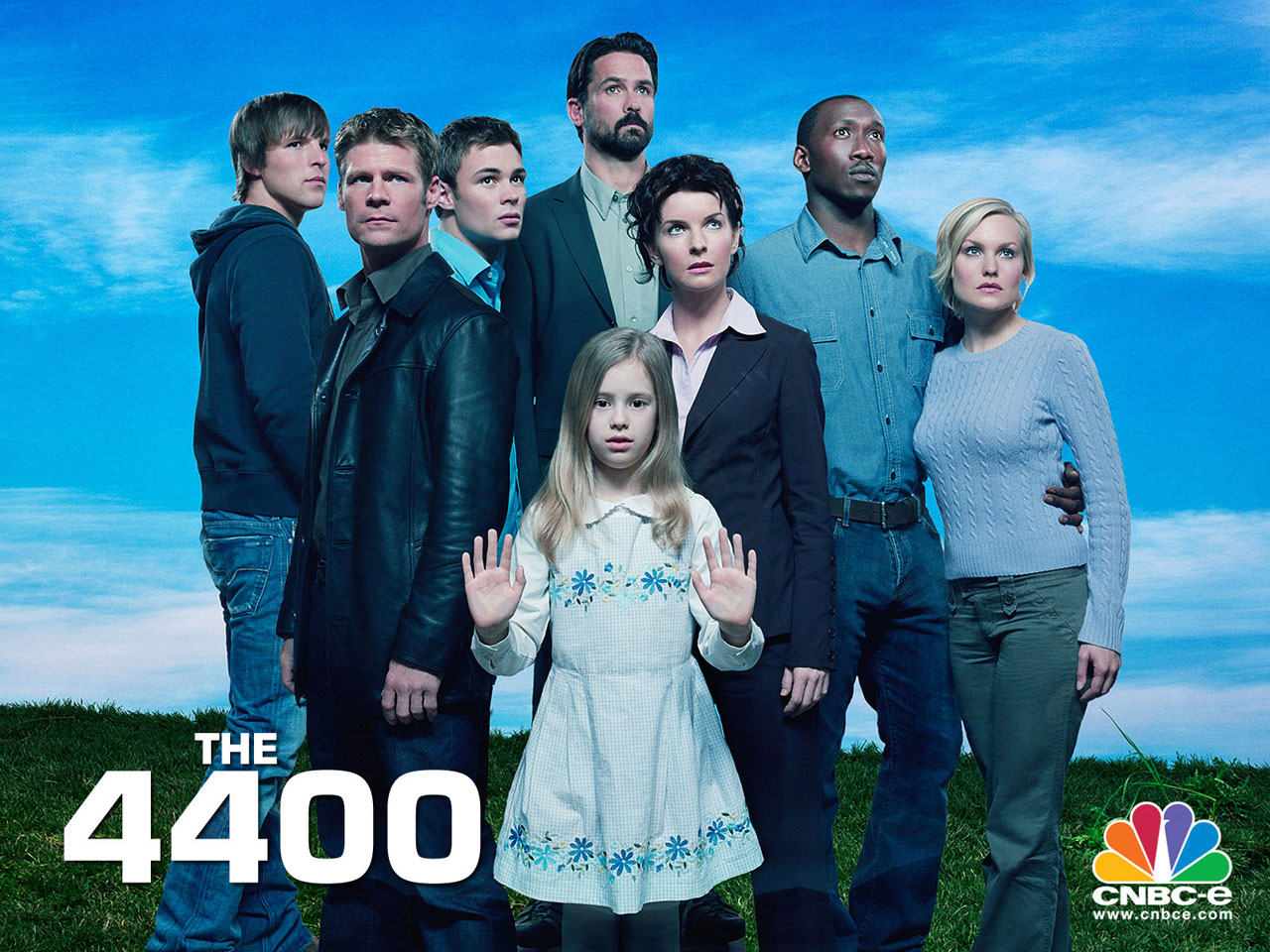April has her hands full in the dystopian ruin the world
was left in by the plague and the rising vampires – especially with her family traumatised
and falling in tatters after being kidnapped in the last book. She certainly doesn’t
have time for romance
But when she hears of a potential city of survivors
managing to hide and thrive away from the vampires, she has to check it out.
Alone if she has to.
I finished this book feeling dissatisfied – and I don’t
think it was down to the world building (which is a fairly decent dystopian
zombie apocalypse with vampires holding the zombie spots with a few unique
little additions) or the characters (though I can’t say any of them thrilled
me). It was primarily down to structure. I feel like there were a number of
story-ettes that were started, kind of wibbled around a bit, and then shuffled
away sort of embarrassed. Kind of like a chorus of singers who suddenly realise
they can’t remember the words. I think a lot of that comes from the author
having an idea of how they wanted the book to end, but not entirely sure how to
get from the end of the last book to that point. Which, in turn, may have been
because the last book felt like a stand alone (I was actually surprised to find
this book existed) which has now been stretched into a series.
Take, for example, the romance at the end of the last book – April and Rye have fought together, done the standard “I cannot be with you but I love you so much” and sealed the deal with the magical-bond-of-insta-love-because-who-has-time-to-develop-relationships. Done, closed storyline (ok, they could actually develop a relationship but that really goes against the All-To-Common-Template that says getting your love interests together is HAPPILY EVER AFTER). This book starts with the two separated (though still drowning in endlessly descriptive sexual tension and moping and lots of “so hawt I wish we could be together”). The reason presented – that April feels the need to focus more on her family after they have been through the traumatic experiences in the last book – is certainly very reasonable but isn’t carried by the story because April doesn’t do that. She has some torn inner monologues about her mother but quickly abandons them in favour of exploring her newest curiosity
So it feels convoluted – like this couple needs to split up for the plot (or not be a done deal), so they’re split up. Here’s an excuse – but it’s a half-assed one that isn’t followed up.
















